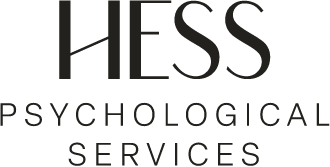Signs You Should Seek a Pediatric Psychologist or Child Therapist
Because our children cannot communicate the same way that adults can, it may be difficult to know when to seek outside mental health intervention and a child therapist. Some signs that your child may benefit from seeking a mental health provider who is an expert in child psychology include:
- There has been a big change or a stressful situation in their life, such as bullying, a health condition, divorce, or a move to a new city or school.
- The mental, emotional, and/or behavioral problems of your child are worsening over time rather than getting better.
- Your child or family has experienced a trauma, such as a death, an accident, or abuse.
- You notice a big and sudden personality and/or behavioral change in your child.
- It’s difficult for your child to make and keep friends.
- You’ve noticed a drop in your child’s grades in addition to having behavioral challenges at school.
- Your child frequently misses or refuses to go to school.
- Your child often complains of stomachaches or headaches with no underlying cause.



